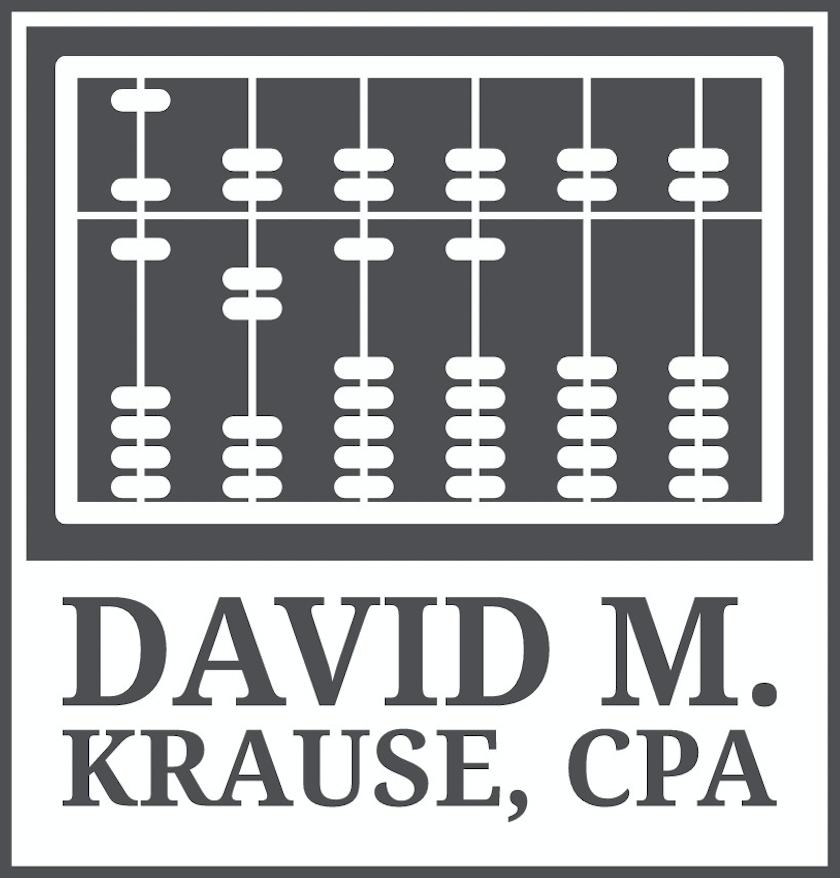Market Flashcards II
Welcome to the Schmoozeletter Blog. Your source for weekly water cooler wisecracks from the world of finance. If you have an opinion different than mine or a topic you want to hear about, let me know!
This week, Mr. Market chops a bit lower as Trump tells us he’s 224 lbs.
Weight? 224?
The Trump Tariff Trade War tanked the stock of NVDA as they are now banned from selling their new H20 chips to China.
The poor Jensenator designed these chips specifically to comply with U.S. export regulations, donated $1M to go to dinner at Mar-a-Lago, and generally puckered up to the orange cheeks as hard as his little lips could muster.
Banned anyway!
I was able to find this live shot of NVDA investors who voted for the pro-business Trump and his grand tariff plan:
At least their crypto wallet is doing well…
But the big news of the week is that Trump has fired the blame cannons at the head of the U.S. Central Bank, the Chairman of the Federal Reserve, Jerome Powell.
Why has the market sold off 7% in the two weeks since the Liberation Day tariffs were announced?
One explanation is, uh… the tariffs.
But Trump came up with the tariffs and the Supreme Leader of America can do no wrong. Especially when he is clearly and obviously in the wrong. So it’s got to be someone else’s fault.
Enter scapegoat Powell and the interest rate decision.
But let’s back up and do a quick review of how the economy and the structure of the United States works in another fun edition of:
Who is Powell and the Fed and what do they do?
The Fed is the central bank. They are independent. Key point there. They stay out of politics. They are just finance nerds who look at data.
The Fed controls the interest rate. The Fed cares about two things and two things only. They want the economy to have:
1. Low unemployment
2. Low inflation
That’s it.
Everything Powell and the Fed do is anchored around those two goals for the economy. They can tweak these numbers by raising or lowering interest rates.
Lowering the rate is the move in times like COVID where unemployment went sky high.
But lowering rates also makes inflation go up.
If unemployment is low and inflation is the concern, you probably don’t want to lower rates.
But there is one more thing interest rates do.
Lowering rates also stimulates the market. In general, lowering the rate is good for stocks.
As I said before, the Fed is independent. They don’t campaign and they certainly don’t have powerful media machines defending their every illogical move. They just think about the long term and don’t make any rash decisions that wouldn’t achieve their dual mandate:
1. Low unemployment
2. Low inflation
Could you imagine if the politicians made the interest rate decisions instead of the independent Fed?
They would prioritize any short-term boost for good press instead of the economy’s long-term health.
Anytime the stock market would dip, they would be pulling the interest rate lever no matter what the consequences.
The temporary increase to the stock market would be the only thing they care about.
Despite what any inflation data says, despite any inflationary pressure from tariffs, despite any logic at all, the politician in charge would be clamoring for rates to drop.
It would be something like…
Final Thought
Do you think the president should absorb the power of the independent central bank?
Do you think the president should absorb the power of the Supreme Court and Congress?
Do you think the president should have the absolute power of a king?
If you’ve answered yes to any of these questions, congratulations. You are a communist.













